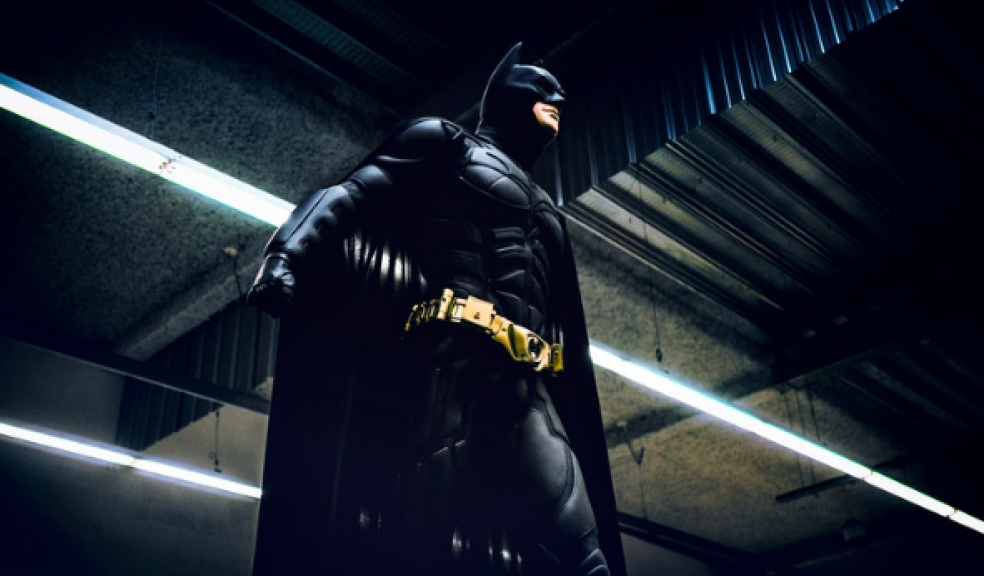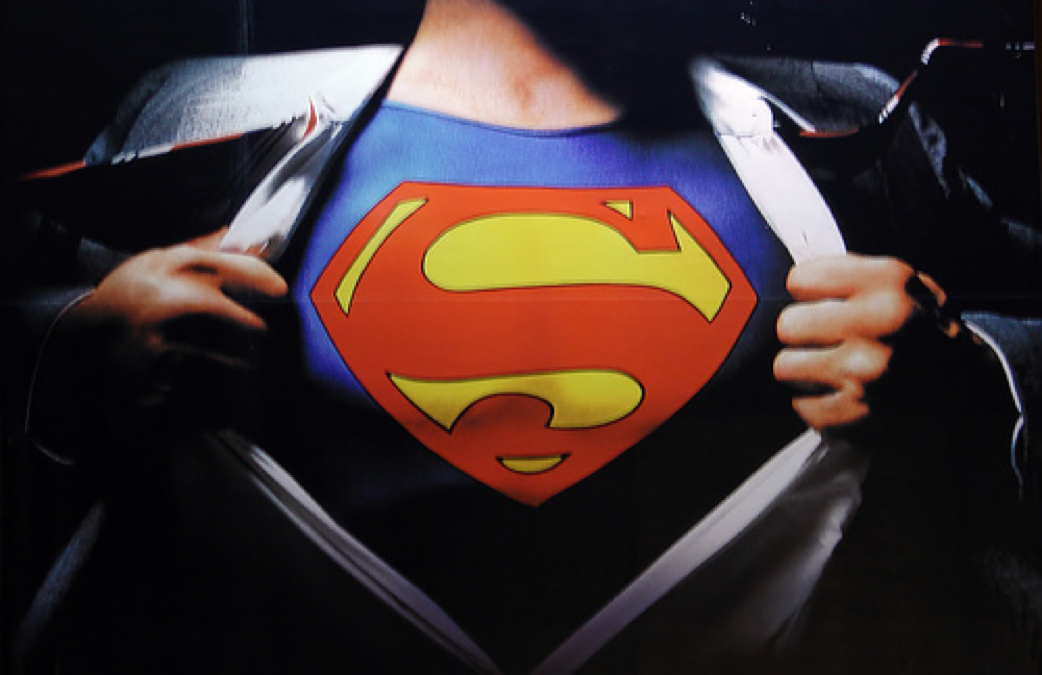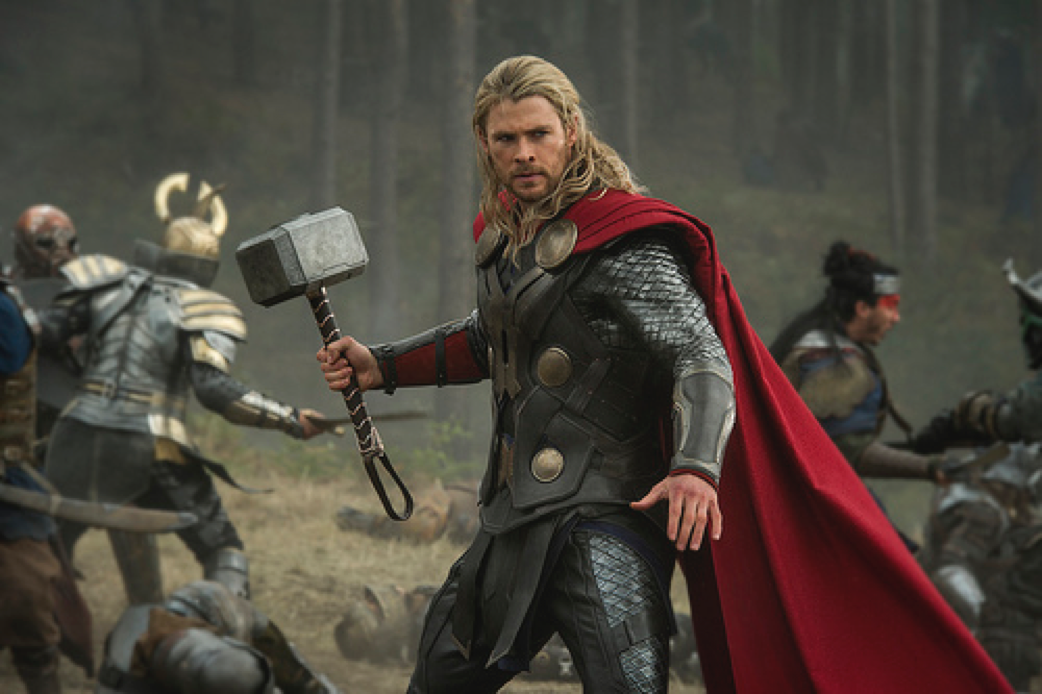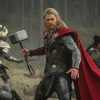
From Superman to Thor - Why We Love Superheroes
Superheroes can’t stop making their way on to both cinema screens and that relatively small box in the corner of our living rooms. But why have they become so popular of late? Is it their otherworldliness that offers us a sense of escapism or is it something inside them that we can relate to? When it comes to superheroes, it isn’t supernatural powers responsible for their popularity, but the fact that they represent something deep inside all of us. They possess a quality that has enabled them to remain relevant and popular throughout the ages.
They represent our inner powers
While action heroes can be compared with secularism, superheroes can be compared with religion. Action heroes deal with the world’s external and immediate properties, while superheroes deal with humanity’s interior elements. Superheroes, it could be said, are colourful incarnations of the soul. The symbols that superheroes represent are evident in the costumes that they wear. There is typically a large icon on the midsection or chest, often a cape, and, in most cases, a mask. But they only “masks” the true powers that they share with the rest of us.
There’s a superhero inside everyone

"S is for Superman" (CC BY 2.0) by Xurble
Of course, the powers themselves are part of what make superheroes so popular. If Superman wasn’t able to see through walls or fly high up in the sky, he wouldn’t be nearly as popular. While critics point to this as evidence of superficiality, these superpowers are also symbolic. They represent how humans are set apart from other creatures: through their symbolic awareness and powers of reason.
The image of Superman flying above Metropolis listening for trouble through his super hearing is the same image of Adam in the garden before Eve. He is somewhat listless and alone, even though he possesses understanding and great powers. Every human being has felt isolation at one time or another. Humanity is out of step with the rest of nature. We live in the world but yet are somewhat different to most of it.
The age of Thor
While traditionally, Superman and Batman have been the biggest box office draws, it is Marvel that has made more of an impact on viewers in recent years. The most recent release, Thor: Ragnarok, is the 17th movie in the franchise and has made $745 million at the box office at the time of writing, evidence of just how popular the character is.
The franchise has performed phenomenally well and has led to a whole host of merchandise, such as t-shirts, bracelet watches, and, of course, plastic hammers. There is also the Thor: God of Thunder video game, released by Sega in 2011, for those who enjoy fantasising about playing Thor. Gamers can also play the Thor-inspired Ragnarok slot game, which comes with a free bonus and an opportunity to win money while battling a fierce wolf and a giant worm, among others; all the while playing the role of their favourite character.

"Thor The Dark World" (CC BY 2.0) by The_JIFF
But what is the main reason for Thor becoming so popular? Possibly because the movies, and Ragnarok in particular, captures a trait that has proven to be successful of late: humour.
We’re in on the joke - and so are they
Marvel has flirted with comedy in a number of movies. The Avengers in particular, certainly the interactions between Thor and the Incredible Hulk, provided some of its lighter moments. In fact, the movie doesn’t just throw in the odd quip: it’s every bit as much of a comedy as it is a superhero movie. Marvel seems to have realised that we live in a time where super-masculine bluster perhaps does more harm than good. Thor is an earnest, good-natured jock who genuinely cares about the people in his life, even his evil brother. But above all, he brings humour to the table. Box office numbers suggest that audiences get the joke.



















